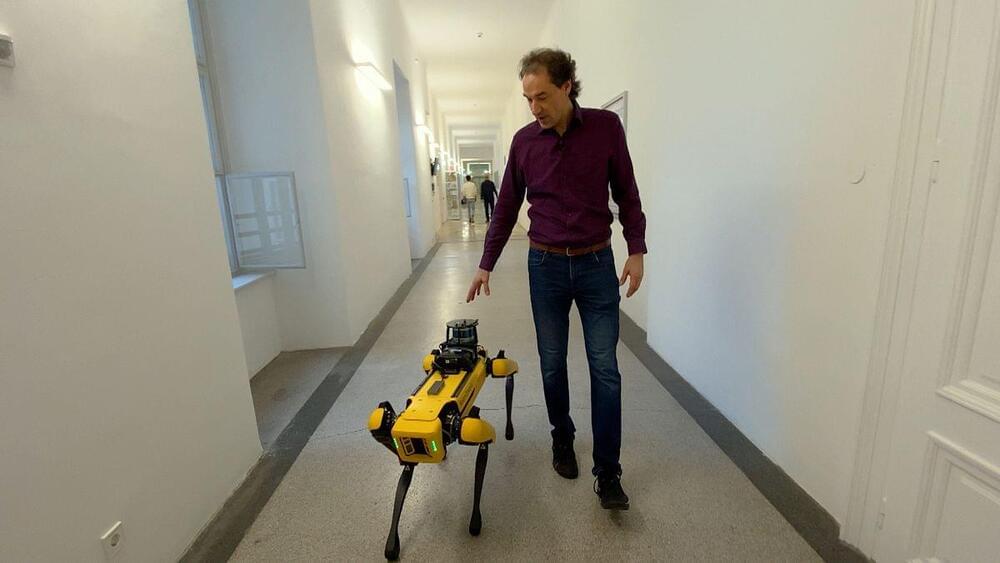Artificial Intelligence is everywhere in Europe.
While some are worried about its long-term impact, a team of researchers at the University of Technology in Vienna is working on responsible ways to use AI.
Watch more 👉
From industry to healthcare to the media and even the creative arts, artificial intelligence is already having an impact on our daily lives. It’s hailed by advocates as a gift to humanity, but others worry about the long-term effects on society.
Developed and fiercely defended by some, criticised if not openly feared by others, the phrase on everyone’s lips, AI, Artificial Intelligence, generates passionate hopes but also widespread concerns throughout the European Union. Who are the potential winners, and who are the potential losers of this new digital revolution in the making? We travelled to Austria and Estonia to try to find out.
Around 3/4 of European employees have already had practical experience with AI. Artificial Intelligence already develops new virtual reality tools. It helps transcribe medieval manuscripts. It contributes to the design of autonomous vehicles, or futuristic buildings. But its use is also raising concerns in schools and universities, while workers and trade unions fear its effect on certain job categories.
